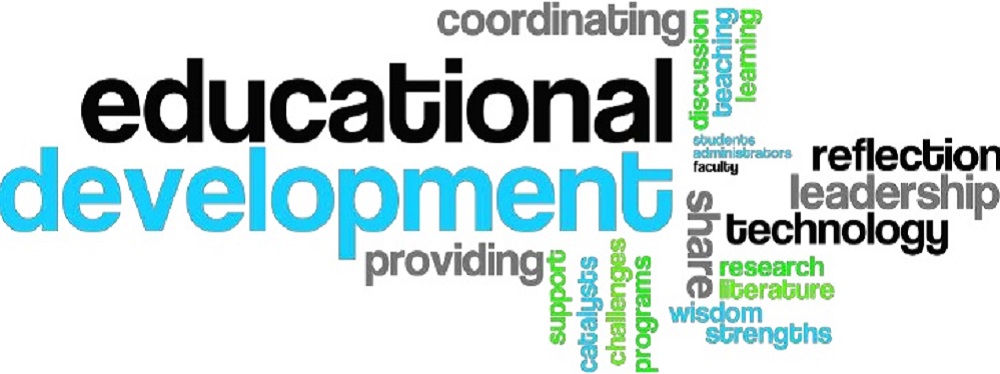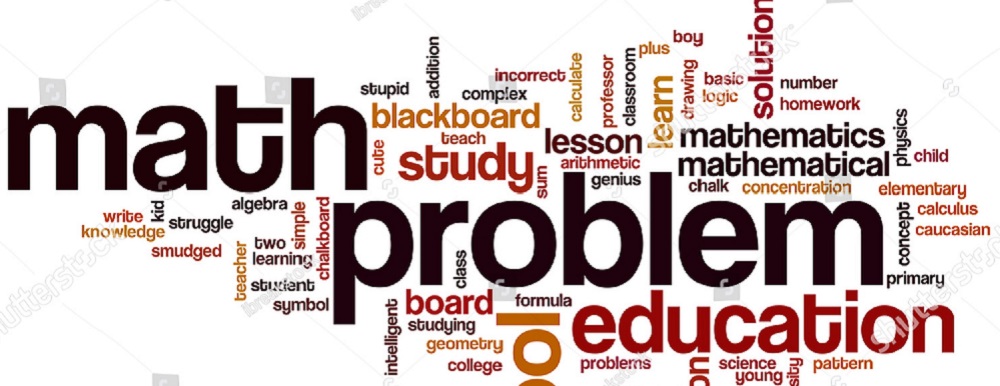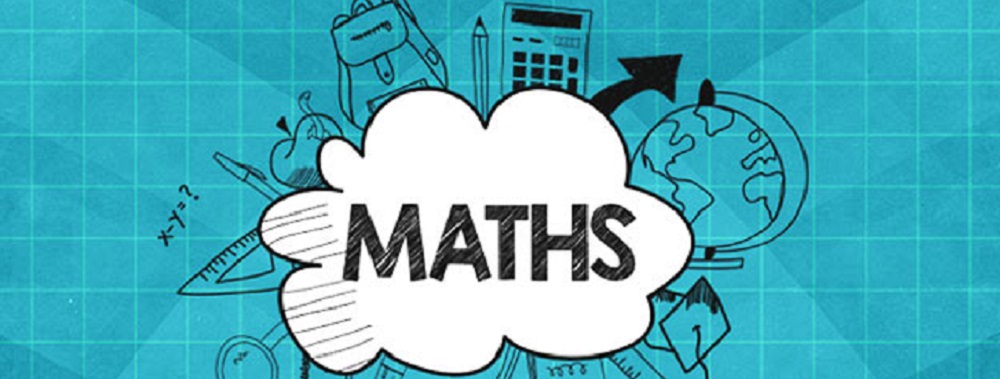Consortium
Center for Academic & Professional Career Development and Research (CAPCDR) is a consortium of research and policy makers drawn from national and international universities, institutes and organizations. CAPCDR is presently based in Asia and is shaping as the largest such group focusing specifically on the issues related to academic career, professional development and research.
The CAPCDR works as an academic and policy think tank by engaging national and international experts from academics, practitioners and policy makers in a broad range of research areas. In the changing global environment of academic research and policy making, the role of CAPCDR will be of immense help to the various stakeholders. Many developing countries cannot afford to miss the opportunity to harness the knowledge revolution of the present era.
Students
Academic competitions are designed to inspire and enlighten. You can choose math, science, humanities, quiz bowls or multidisciplinary events. You might work on your own or as part of a team. Some competitions require you to answer rapid-fire questions in front of an audience, while others don’t even require you to leave home. They can teach you how to handle the pressures of real-life challenges—and they’re also a lot of fun.
Professional
Competition is a tournament where parties aim to win and, thus, to demonstrate their excellence.
Typically, the entrants do not compete to win a prize or another reward. On the contrary, they are challenged to show their supremacy. Competition is not a one-time event, usually it is more formal than a contest. It is a process with certain rules, where the participants have deadlines to exhibit or show their works and the competition organizers or the board of judges are mandated to control the process and nominate the winner.
The competition itself has a larger and more general essence to point out the condition of competing, not just the process or results. This makes one of the major difference between a competition and a contest. For instance, the Cambridge University and the Oxford University can compete in the number of research centers established, or even countries can compete in ensuring their dominance in a certain region. Many countries adopt laws to ensure competitive environment for the business: these laws are called competition or anti-monopoly rules. This is to show the more general and global meaning of the word “competition”.
Competitions are usually limited by their geographical scope: national competitions cover boundaries of a certain country, whereas international ones go beyond country borders and aim to engage audience from a wider region. The competition that assumes to take longer than usual and is divided into series is called a tournament.
Career
Career development is the series of activities or the on-going/lifelong process of developing one’s career. Career development usually refers to managing one’s career in an intra-organizational or inter-organizational scenario. It involves training on new skills, moving to higher job responsibilities, making a career change within the same organization, moving to a different organization or starting one’s own business.
Career development is directly linked to the goals and objectives set by an individual. It starts with self-actualization and self-assessment of one’s interests and capabilities. The interests are then matched with the available options.
The individual needs to train himself to acquire the skills needed for the option or career path chosen by him/her. Finally, after acquiring the desired competency, he/she has to perform to achieve the goals and targets set by him/her.
Career development is directly linked to an individual’s growth and satisfaction and hence should be managed by the individual and not left to the employer. Career development helps an individual grow not only professionally but also personally. Learning new skills like leadership, time management, good governance, communication management, team management etc also help an employee develop and shape their career.
Notice Board
International e-Conference on Changes State, Economy, Public Health and Society
January 16-17, 2022













